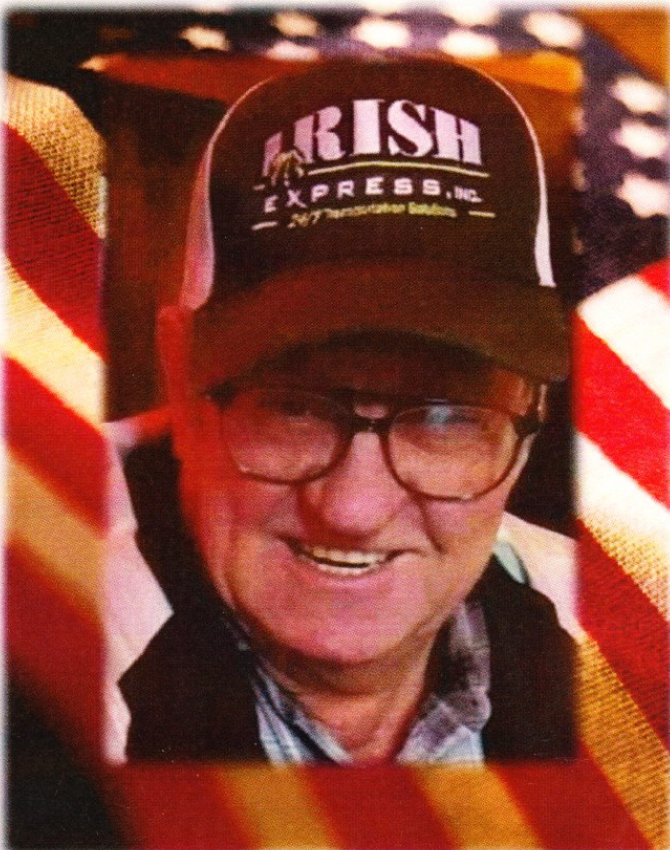The origins of "Taps," the distinctive bugle melody played at U.S. military funerals and memorials and as a lights-out signal to Soldiers at night, date back to the American Civil War.
In July 1862, U.S. General Daniel Butterfield and his brigade were camped at Harrison's Landing, Virginia, recuperating after the Seven Days Battles near Richmond. Dissatisfied with the standard bugle call employed by the Army to indicate to troops it was time to go to sleep, and thinking the call should sound more melodious, Battlefield reworked an existing bugle call used to signal the end of the day. After he had his brigade bugler, Private Oliver Wilcox Norton, play it for the men, buglers from other units became interested in the 24-note tune and it quickly spread throughout the Army, and even caught on with the Confederates.
Not long after Butterfield created "Taps," it was played for the first time at a military funeral, for a Union Cannoneer killed in action. The man's commanding officer, Captain John Tidball, decided the bugle call would be safer than the traditional firing of three rifle volleys over the Soldier's grave, a move which couldn't be confused by the nearby enemy as an attack.

